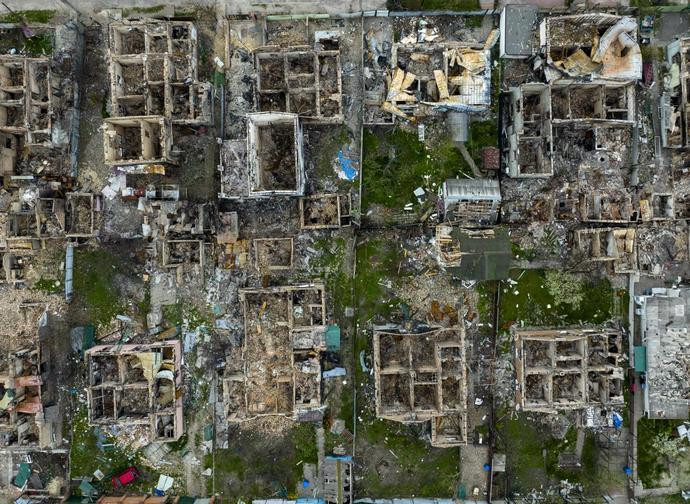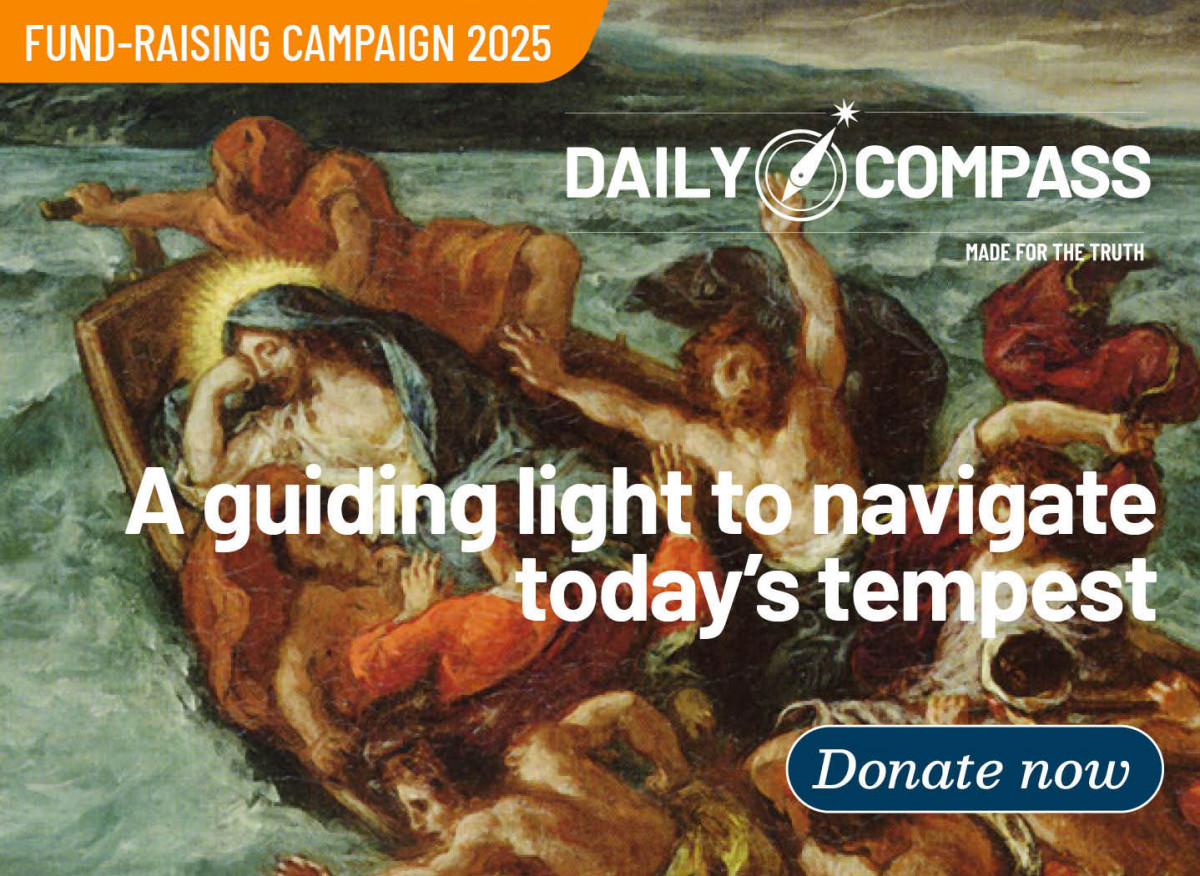Ukraine: the West’s self-destruction gives the rise to a “Front for Peace Negotiations”
With Russia on one hand, the EU and the USA on the other, a fierce conflict has commenced which damages all parties involved, but a group of countries is emerging whose primary interest is to insist that this conflict end: Turkey, Brazil and India, who fear a new world recession and the reinforcement of China, provoked by the conflict between the two blocks.

The Turkish Foreign Minister Mevlut Cavusoglu has announced that the Brazilian president Jair Bolsonaro -together with the government of Ankara – is interested in organizing a visit of to Moscow by the leaders of numerous countries, for a new, more robust attempt at organizing a treaty capable of ending this Russian-Ukrainian war. Cavusoglu also confirmed that the premier Erdogan is continuing to advocate for a meeting between the Russian president Putin and president Zelensky. In the meantime, the Indian president Narendra Modi has departed for a visit to Europe which will include the countries of Germany, Denmark and France. A visit which- although it has not been explicitly stated- almost certainly regards the present conflict.
It is clear, therefore, that after the unfruitful attempts of mediations hitherto, culminating in UN Secretary General Guterres’ tardy and unsuccessful visit to Moscow and Kiev, a convergence of countries whose positions until now have remained relatively neutral is intensifying, as they are more and more concerned about the continuation and possible escalation of this war. They seem seriously intent upon overcoming the present state of stalemate, characterized by this hard confrontational deadlock between Putin and the West, which seems without resolution.
What do Turkey, Brazil and India have in common? They are countries which are economically and politically close to the West, but also maintain relations with Russia, and they are determined that they may maintain ties with both, without compromises. They are young, highly populated and in a state of economic growth, and are convinced that the protraction of this conflict will signify not only grave danger for their homeland security, but also certain catastrophic economic consequences. They are also certain that such conflict could cause – actually, it is already causing – a new world recession, after that artificially induced recession caused by Covid restrictions. And last but not least, these countries desire to avoid any direct conflict between the US and Russia, as this would certainly cause China to emerge as the dominant world leader, inexorably drawing all of them into the hegemony of Peking. In fact, the blatantly obvious difference between these countries and the Middle Empire - which has no intention of undertaking peace initiatives, is it has calculated that it will be able to take advantage of the weakening of both Russia and the West.
The profile of a new front of ‘unaligned’ countries is emerging from the present framework of this world conflict, in which there no longer exist only two poles, between Washington and Moscow, as was the case during the Cold war; there is now a third: Peking, which threatens to become more powerful than the other two. This unaligned Front, which one can imagine will also be supported by other rising nations such as South Africa and Indonesia, is pushing to involve other European countries allied with the United States such as Germany and France, and it is not by chance that these countries are the official destinations of president Narendra Modi. Germany and France have expressed perplexities and reservations up to this point regarding the heavy sanctions against Russia, as they are causing economic damage primarily to the countries of the Old Continent. They are also in disagreement with NATO’s choice to augment the conflict by sending more weapons – and extremely powerful ones, at that – to Kiev.
That which is most stupefying in this situation, is the fact that, while most countries have realized that the continuation of this war would represent an enormous harm to both Russia and The West, the political elite of those countries seem not to recognize this, insisting upon unbridled conflict which is objectively self- destructive for both sides, as it is wasting enormous resources, impoverishing all, while it systematically sabotages every attempt at mediation.
To the reasonable realism of these third-party countries, whose focus is upon the growth and safeguarding of global commercial spaces, the West is responding – with a new Iron curtain which has descended upon half of Europe and even more rapidly that that of the Cold War- with a descent into a vortex of aggressions and retaliations which may jeopardize any possible coexistence in the present or the future. A maelstrom of violence which represents a true and proper cupio dissolve for those areas of the world which are still affluent and powerful, yet are in demographic decline, aging, at risk of structural stagnation, and desperate for an atmosphere of peace and faith upon which any new and more solid development may be based.
And yet a substantial difference exists, in this sense, between Russia and the countries of the West. Russia is both country and civilization with a great imperial past, which has never succeeded in fully inserting itself in the global economy after the fall of the Soviet Union, limiting itself to taking advantage of its position as an exporter of various raw materials. The revanchist, neo-imperial impulse which has led Putin to this redde rationem with Kiev, as well as this test of strength with NATO, is the fruit of a vicious circle of a decadent power. It’s the attempt to successfully reenforce the consensus of a vast federation around centralized power, to ward off the ghost of a looming dissolution. But Western society, from one side of the Atlantic to the other, not only would do well to avoid the creation of bellicose myths in order to reconstitute themselves, but rather the nurturing of faith and growth, and the shared interest in diminishing occasions of division and tension in Europe and the near-Orient, maintaining intact an area of peaceful coexistence and euro Asiatic partnership, in the prospect of a difficult confrontation with Peking.
The insistence of the United States and their allies in pursuing a complete rupture with Moscow, and the creation of a stable framework of radical conflict on the Old Continent, appears to be a sort of self-fulfilling prophesy: a diminished West in a globalized, multi-polarized world, doing everything possible to accelerate its own ulterior diminishment.



